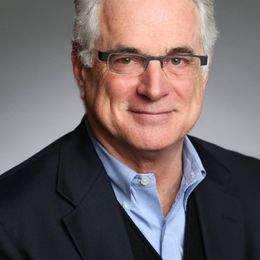Boomer Entrepreneurs: Selling Their Businesses Without Selling Out
Increasingly, local investment firms want to buy and grow their companies
A major economic trend is unfolding with barely a ripple of attention: Boomer business owners are approaching retirement age and an army of these entrepreneurs are, or will be, putting their companies up for sale.
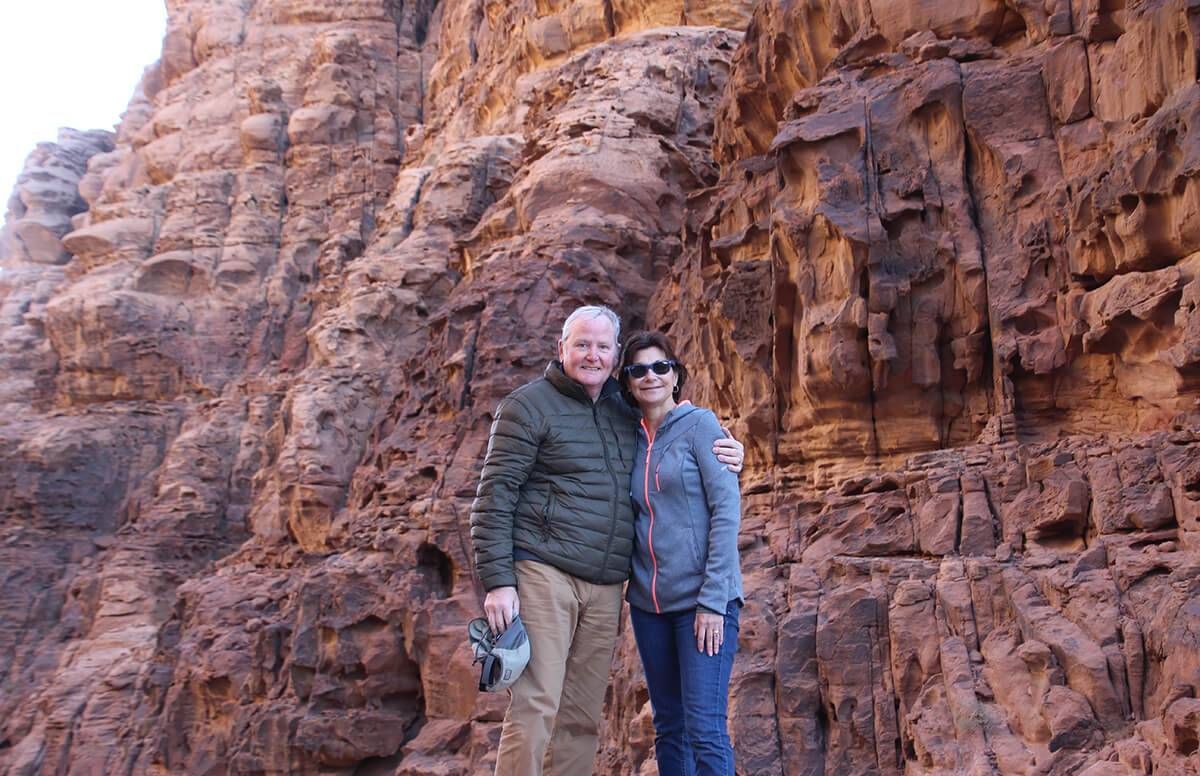
Boomers own 2.34 million privately-held businesses with nearly 25 million employees, calculates the nonprofit Project Equity. And the U.S. Census Bureau figures roughly 16 percent of business owners were 65 or older in 2012. BizBuySell, the Internet’s largest business-for-sale marketplace, reports a record number of businesses changed hands in the second quarter of 2017 and retiring entrepreneurs fueled the deals.
Massing Change in Business Ownership Ahead
How this massive change in ownership plays out over the next 15 years will not only dramatically impact the quality of their lives. It will have major ripple effects on the life and employment opportunities in their local communities — for good and ill.
One reason so many of the small business owners will be selling: they’ll need the proceeds to finance their retirement. A new survey by Manta, an online community for small businesses, just found that 34 percent of entrepreneurs don’t have a retirement savings plan. Yet 58 percent of them hope to retire before 65.
Another fascinating business trend may be the answer for some of these entrepreneurs: privately-held investment firms eager to buy local small- and medium-sized businesses that they will grow and profit from.
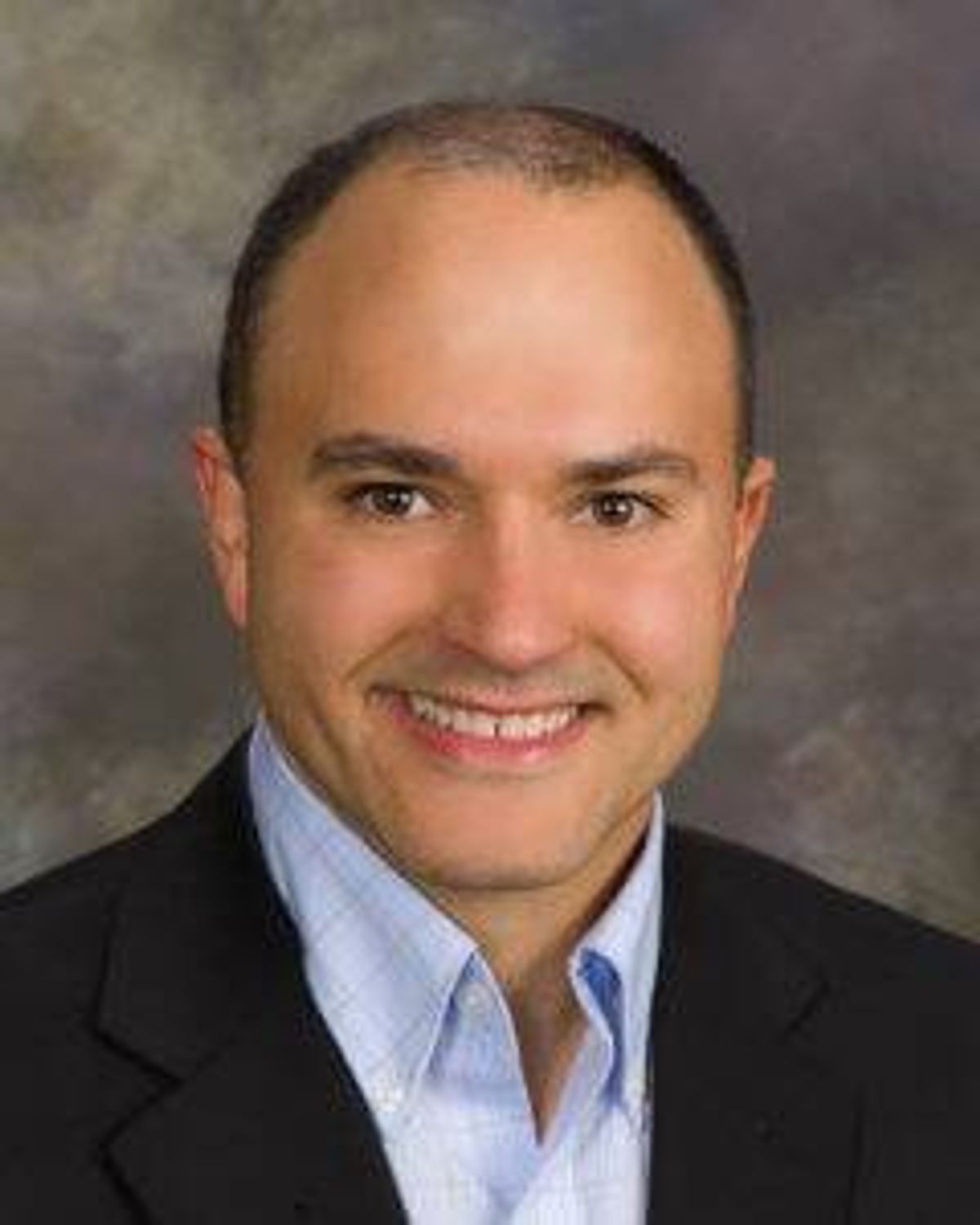
Keeping Local Ownership Local
Take Granite Equity Partners in St. Cloud, Minn., a boutique firm whose stated goal is to invest in medium-sized firms and sustain the businesses for “100 years.” It began with funds from 12 leading entrepreneurial families in the St. Cloud area. “Our notion was to keep local ownership local,” says Rick Bauerly, founder, managing partner and chief executive officer. “Minnesota-based ownership of Minnesota-based companies. Business can be an important engine for community impact and progress.”
Granite Equity's philosophy attracted Tom Grones, now 67, in 2013 when he sold the firm his St. Cloud company, GeoComm, which provides county governments with turnkey emergency 911 services. The GeoComm CEO for 18 years, Grones had been planning for his retirement, eager to have more time to focus on civic and philanthropic endeavors and travel with his wife Janet, GeoComm’s vp of operations. Grones told me he’d been deeply attached to St. Cloud “where we raised a family” and to GeoComm’s employees “who are largely responsible for growing the company.”
When Grones sold his business to Granite Equity, he retained a small stake and became board chair. “Granite’s approach is to support the company and invest for the long-haul,” he says. Reflecting on the deal, he adds that “Granite has almost a community development approach.”
These days, in addition to keeping a hand in GeoComm, Grones has embraced other activities now that he's retired. They include: chairing an advisory group overseeing a plan to develop St. Cloud’s downtown; making charitable contributions to support local at-risk children; managing a family scholarship for Minneapolis high school students and traveling with Janet — most recently to a Bedouin camp in southern Jordan.
GeoComm, meantime, has continued growing and adding to its payroll since the acquisition. In January 2016, the company bought Oregon-based GeoSolve, a geographical information system firm.
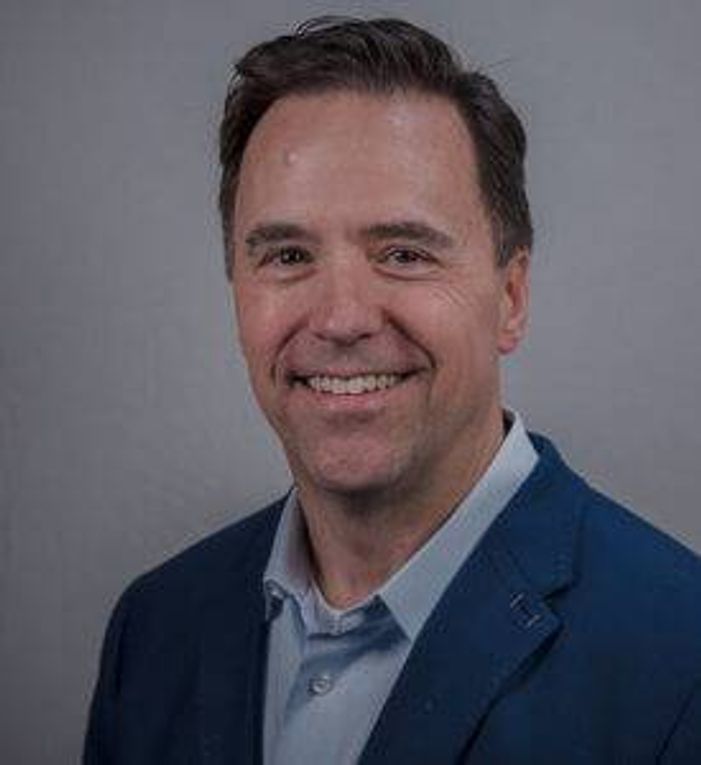
Finding a Buyer to Answer 3 Questions
A similar narrative is unfolding around Kirkland, Wash., a Seattle suburb, where OneAccord Capital specializes in acquiring companies owned by local retirement-age entrepreneurs — especially ones in manufacturing, distribution and services-related businesses with revenues of $5 million to $25 million. “We’re acquiring profitable companies. We buy good companies that are small” and help them grow, says Jeff Rogers, founder and chairman of OneAccord Capital.
Here, the money comes from 14 experienced entrepreneurs recycling some of their gains back into the regional economy. Their investment time horizon: 10 to 15 years. “We’re trying to preserve the local business and community employment,” says Rogers. “These companies are part of the Rotary Club, they hire locally, they support the Little League teams.”
Charlie LaNasa, 66, likes the strategy and profited from it personally. He signed a deal in May to sell his company, BestWorth Rommel, to OneAccord. LaNasa bought the business — which designs, builds and installs canopies and exteriors for gas stations, convenience stores and the like — in 2001, when the founders decided to retire.
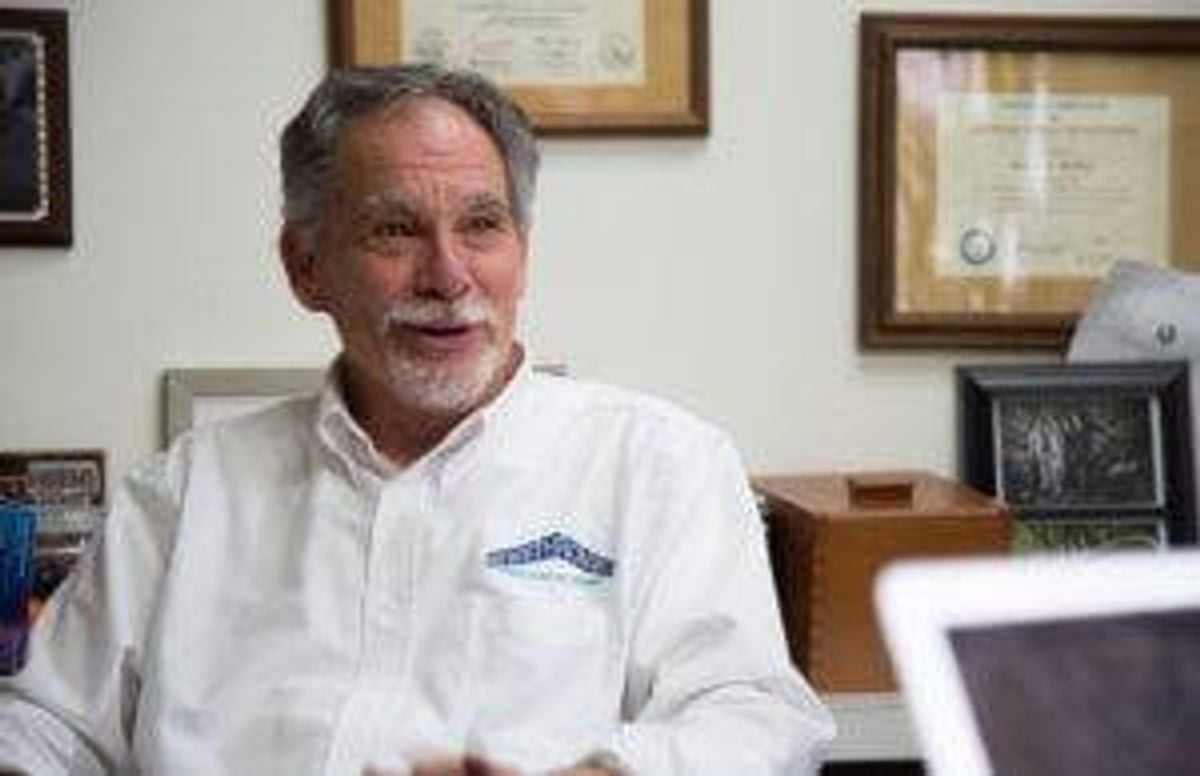
When LaNasa started thinking about retiring, he looked for the answer to three questions: Did the acquirer have: values consistent with his Christian faith; the competency to grow the business and a willingness to take care of his roughly 100 employees? OneAccord checked all three boxes.
LaNasa still has a stake in BestWorth Rommel and is also an adviser and board member. OneAccord quickly installed a new president, a U.S. Army vet with manufacturing experience. Although LaNasa was risk-averse and kept the company debt-free, he thinks the new leadership will rightly add some debt financing to pick up the pace of growth. With the sale so recent, LaNasas finds himself helping out with the transition by getting employees comfortable with their new circumstances. “It’s a process,” he says.
Finding a 'Strategic Buyer'
The Grones and LaNasa examples are far different from the classic exit strategy of finding a “strategic buyer,” either a competitor or a financial firm planning to slash costs and quickly flip the company. Both of these options often involve lost jobs and stripped assets, an anathema to founders who spent decades building up their business.
“Founders are interested in making sure employees are taken care of and that their legacy is carried on,” says Patrick Donohue, president and chief executive officer of Hill Capital Corporation in St. Paul, Minn.
Fortunately, there are signs that more capital may adopt the approach of Granite Equity and OneAccord. Specifically, wealthy entrepreneurs are increasingly establishing “family offices,” private investment firms that manage their fortunes. “There are a lot of local family offices that are getting involved in direct investing,” says Donohue.
The ESOP Fabled Approach
Another approach to local-centric ownership transitions: Employee Stock Ownership Plans or ESOPs. An ESOP is an employee benefit plan that invests primarily in the employer’s stock. The idea is that worker-owned companies will have a powerful motivation to maintain ties to the community.
That’s certainly the case with Mann Lake, the world’s largest bee supply company, headquartered in the tiny vacation destination of Hackensack, Minn. Jack and Betty Thomas started Mann Lake out of their garage in 1983; it now has facilities in California, Pennsylvania and Texas. Childless, the couple decided to pass ownership onto their roughly 450 employees through an ESOP. “The big reason was that the employees are the ones who really built the company,” says Jack, 81, who still gets up at 4:35 in the morning to go to work. “What the ESOP does is give the company continuity if something happened to my wife and I.”
I’d love to see more new owners come in when boomer owners retire, keeping the existing workforce and eventually adding to payroll. That would help let the entrepreneurs start their next chapters and be able to continue giving back to local organizations, from Little League to Big Brothers Big Sisters. But for this to happen, private capital needs to embrace the long haul.
